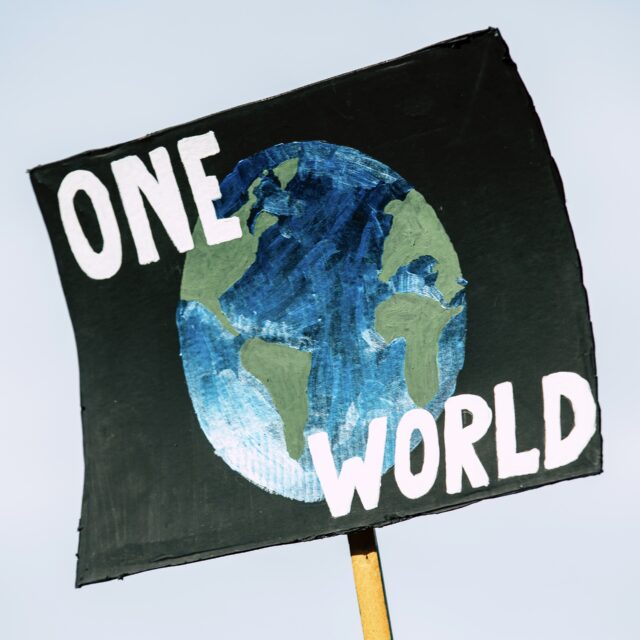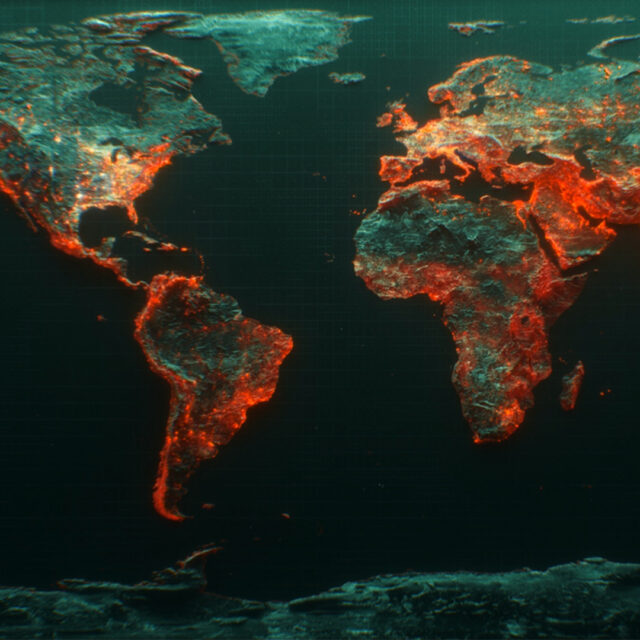In 2005 after the SARS epidemic, 196 countries signed on to the International Health Regulations (IHR). They laid out a set of goals to ensure countries were prepared to detect and respond to public health events.
But today, no country is fully compliant.
On average, low-income countries score lowest in their capacity to prevent, detect, and respond to outbreaks, according to the Global Health Security Index, which measures the health security and capabilities of countries that signed on to the IHR. But the problem is global: high-income countries only score on average about 50 out of 100.
Here are some key facts to know about the state of global pandemic preparedness.
Spending
- The gap in preparedness financing for low- and lower-middle income countries is estimated to be US$4.5 billion per year.
- The world has poured over US$10 trillion (so far!) into the COVID-19 response. That’s 1000 times the cost of investing in pandemic preparedness.
- In March, the US approved a US$2 trillion stimulus package. This funding in the US alone is greater than the GDP of all of sub-Saharan Africa.
Medical equipment
- Half of the world’s ventilator producers are in the EU.
- Mali has only one ventilator per 6.5 million people.
- African nations import 70-90% of their total drugs consumed, which is problematic as countries begin imposing restrictions on medical supply exports.
Healthcare
- Rich countries spend 118 times more on healthcare than low-income countries.
- Women are at the frontline of the response: female health workers make up 67% of the health workforce in 104 countries.
- During the 2019 Ebola outbreak in DRC, over 2 times more people died of measles than Ebola. This was due to disruptions in primary health care and routine immunisation.
How global players can be more prepared
We need high-level political leadership and increased investments in health systems to meet the urgent COVID-19 preparation and detection needs — and to address critical preparedness gaps for the next pandemic.
Here are ways leaders can craft effective response plans.
- Response plans must be designed to protect the vulnerable, support essential workers, and make treatment and a vaccine available to everyone via social protection measures and price controls for vaccines. Everyone is at risk during a global pandemic, and we must work to keep those who are most vulnerable safe in all aspects of life.
- Leaders must work to support the people in their countries and communities who have been worst hit economically by the pandemic via emergency measures and immediate debt relief from creditors.
- Response plans must be designed to strengthen health systems, including full compliance with the International Health Regulations by 2025, so everyone is prepared when a crisis like this happens again.
- Leaders must respond to the imperative to create a more just and equal world so that in the future, the world has the tools and architecture in place to respond to pandemics.



